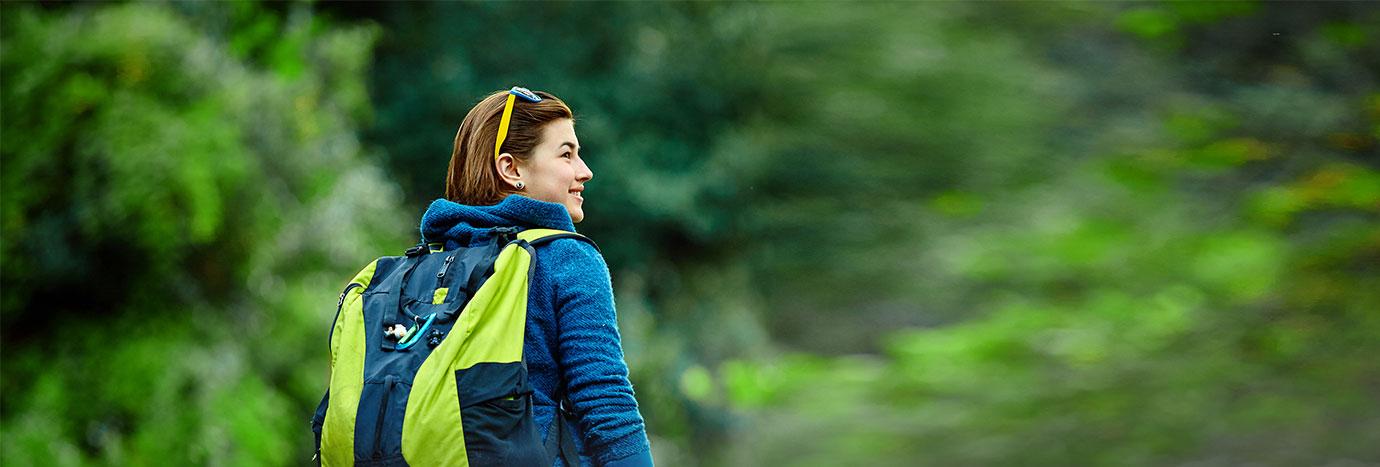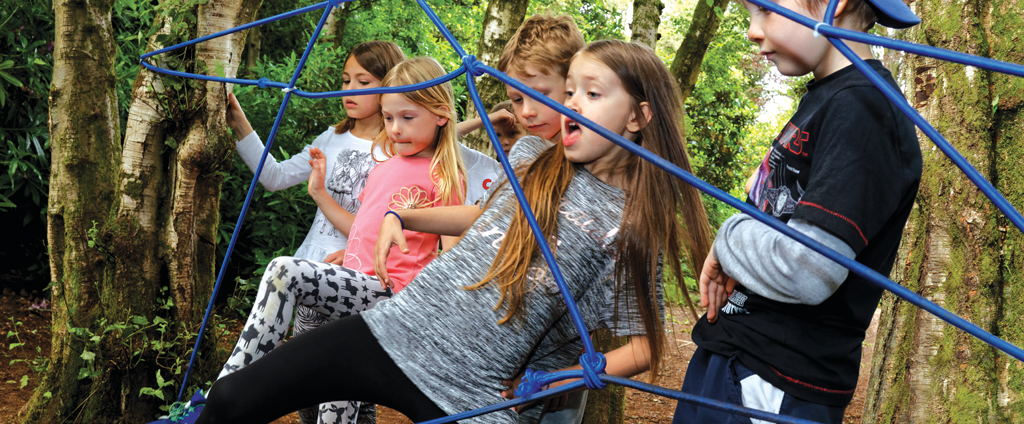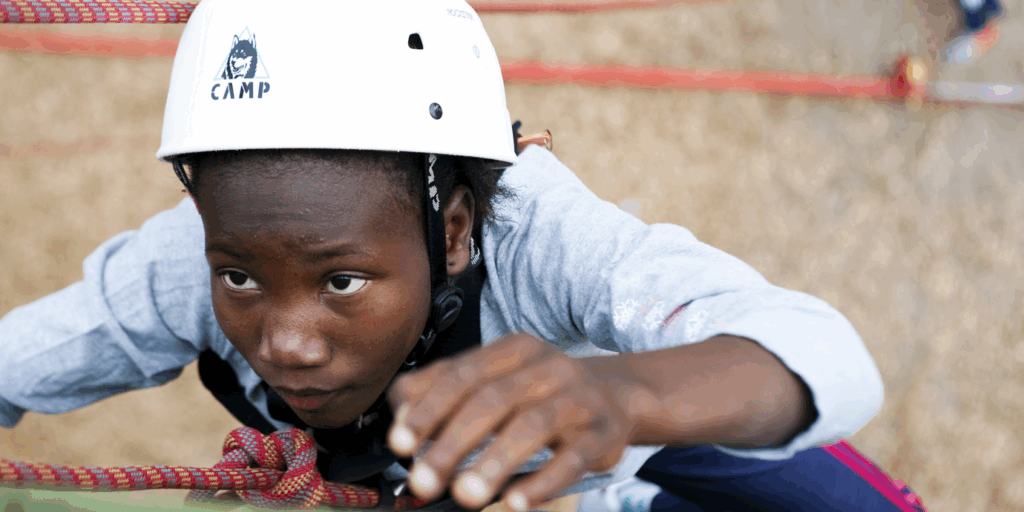
2-minute read
Article summary
School residential trips give pupils the chance to build real-life skills they can’t always develop in the classroom. This article explains the 7 key skills pupils learn on residentials, including confidence, teamwork, resilience, independence, communication, problem-solving and social skills. Through outdoor challenges, shared experiences and time away from home, pupils grow in ways that support their wellbeing, academic progress and long-term personal development. Whether you’re planning a residential trip for KS2 or KS3, this summary highlights the educational benefits of outdoor learning and why residentials remain one of the most impactful experiences in a pupil’s school journey.
If you’ve ever watched a group of pupils solve a problem with a plank of wood, a piece of rope, and sheer determination, you’ll know that school residential trips are about a whole lot more than climbing walls and campfire songs.
Even better, pupils don’t even realise they’re learning – because they’re too busy laughing, exploring and shouting “I DID IT!” at full volume.

Here are 7 key skills pupils learn on residentials, and why they last long after returning back to school.
1. Confidence (the big one)
On a JCA residential trip, confidence grows fast – sometimes all it takes is standing on a climbing wall, starting to wobble… and choosing to take just one more step.
Children learn:
- “I can do hard things.”
- “I can try again.”
- “I’m braver than I thought.”
Best moment? “Seeing our pupils pushing boundaries and keep going when they were scared..”
– King Edward VI Balaam Wood
2. Teamwork (aka the secret glue)
Whether they’re building a raft, kayaking together, or trying to get everyone through the laser maze, pupils learn how to be a team.
On outdoor education trips, teamwork becomes real, not theoretical. Pupils:
- Listen to each other
- Share tasks
- Celebrate wins
- Lift each other up
It’s the good stuff – the stuff that sticks.

3. Resilience (superpower unlocked)
When things don’t go to plan, pupils face it head-on.
Raft sinks? Try again.
Nerves on the high ropes? Breathe and take it step by step.
Lost a boot while on the zip line? Laugh first, retrieve second.
These moments build proper, practical resilience, the kind pupils carry back to school, friendships and life.
4. Independence (big and small wins)
A school residential gently nudges pupils towards independence – the kind that helps them navigate secondary school and beyond.
They learn to:
- Pack their own bag
- Keep track of belongings (mostly)
- Make choices
- Take responsibility
- Try things without an adult hovering
It’s empowering, even if someone inevitably forgets to pack their towel.
5. Communication (but the fun kind)
On school residentials, communication becomes essential.
Pupils shout encouragement from below the climbing wall.
They explain ideas, plan strategies, and cheer for each other until their voices go wobbly.
And because it’s happening through adventure – not worksheets – it sticks.
6. Problem-Solving (brain switched on, trainers slightly muddy)
Outdoor challenges blend logic, creativity and teamwork.
Examples include:
- Moving each other across a field with weird contraptions (buggy building)
- Using crates, balance and each other to reach new heights (crate stack challenge)
- Navigating unfamiliar spaces and problem solving (tunnelling and laser maze)
These tasks help pupils learn how to think clearly, adapt quickly and find solutions when things don’t go to plan.

7. Social Skills & Friendship (the heart of it all)
Residentials bring out the best in pupils. You see the more introverted pupils find their voice. You see new friendships spark over shared achievements. You see pupils bonding in ways that just don’t happen inside the four walls of a classroom.
It’s one of the biggest benefits of a school trip with activities – unforgettable shared experiences that strengthen relationships.
Best moment? “Helping students who were really struggling and one student with CP overcome some massive barriers. Staff (our instructor Harry in particular) were so supportive and dedicated to helping our students achieve and grow resilience.”
– Church Stretton
A JCA residential trip isn’t just a fun few days away. It’s a learning experience full of real-life challenges, big feelings, teamwork wins and proud moments that stay with pupils for years. The magic happens when you let children loose outdoors. It builds the skills that help them thrive – in the classroom, in friendships, and in life. This is why residentials matter.

